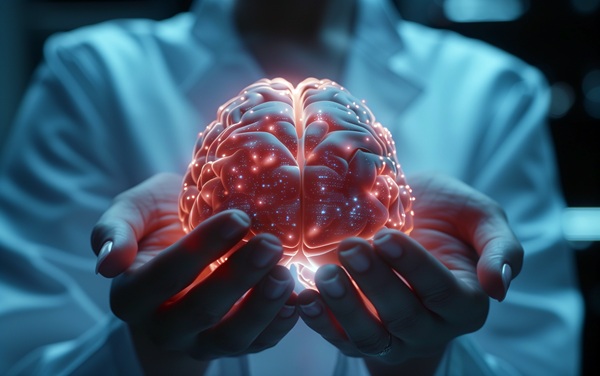
If you’re involved in brain injury litigation, having the right neurologist on your side can make a dramatic difference
High-stakes personal injury and medical malpractice litigation often involves brain injuries. Since brain injuries can have such dramatic effects on a person’s capabilities and quality of life—and since they are, by definition, permanent—legal matters involving brain injuries tend to be hotly contested. Often, such matters become battles of the experts.
In any case involving a serious brain injury, a neurologist can be a valuable expert witness, playing a key role in several aspects of the case.
Explaining the mechanism of injury
In cases where causation is disputed, a neurologist can play a vital role in establishing how and why the injury happened. Remember, brain injuries generally fall into two categories:
- Traumatic Brain Injury (TBI): an injury caused by physical trauma, whether that’s a hard blow to the head or an object physically penetrating the skull.
- Non-Traumatic Brain Injury: brain damage caused by something internal to the body, such as infection, stroke, or oxygen deprivation.
Neurologists can use their medical training and expertise to explain when and how a brain injury occurred. They can analyze medical records, imaging, and other evidence to explain the mechanism of injury and the extent of the damage. Their expert insight can help to develop your theory of the case and timeline of events.
A neurologist’s testimony can be invaluable to paint a picture for a jury and help jurors understand the complexity and the severity of what happened. A neurologist can also help to either develop or undermine alternative theories of causation.
Assessing the long-term impact of a brain injury
Every brain injury is different, and the long-term prognosis can vary widely depending on the type of damage and numerous other factors. A qualified neurologist can not only explain the victim’s current condition but also provide a roadmap of how their condition might progress and what symptoms they may develop.
Testimony from a neurologist can play a vital role in quantifying damages. Of course, to the extent a brain injury requires neurological treatment, a neurologist is best equipped to explain the types of treatment that will be required and the associated costs.
Beyond that, though, a neurologist’s explanation of the injured person’s symptoms can go a long way to explain why this person will need other forms of care, such as physical therapy, occupational therapy, or even residential care, as well as why they may be unable to work.
Neurologists can also help to establish non-economic damages such as pain and suffering or loss of quality of life.
Finding the right expert can make all the difference in brain injury litigation
In cases involving catastrophic brain injuries, both sides usually have medical experts. Often, the outcome of a case comes down to which side’s expert has more credibility with the jury. That’s why finding the right expert can make all the difference.
For the past 40 years, the team at Rieback Medical-Legal Consultants has been providing the best in medicine to assist the legal community. We have access to highly qualified neurologists who are prepared to offer compelling testimony in depositions and, if necessary, at trial. Give us a call or contact us online to find your expert.
